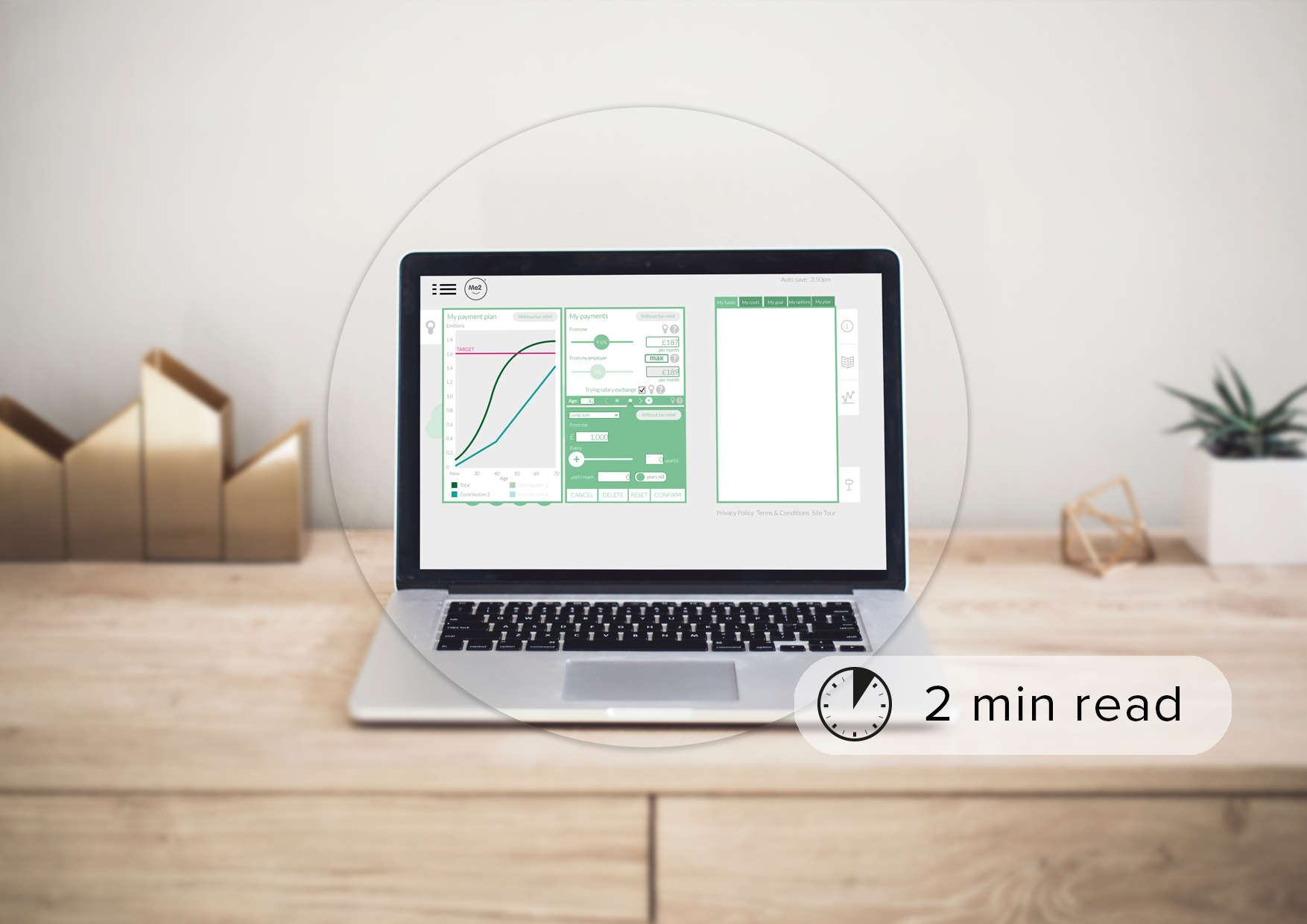Your own free will
We all want to make sure that our wishes are respected once we’re gone, right? But, worryingly, almost two thirds of adults in the UK haven’t got a will.
Age UK and other well-known charities, including the British Heart Foundation and Marie Curie, have come together to help tackle this problem by offering free wills in October. Solicitors across England, Wales, and Northern Ireland have signed-up to Free Wills Month to offer people aged 55 or over a free ‘simple’ will writing service, which can include updating an existing will or drawing up a new one.
A will can explain what you want to happen when you’re no longer here, reduce the tax you pay, and make it easier for family and friends to deal with your estate. As well as allowing you to make sure that your estate goes to the people who matter most, you can also state any gifts or donations you want to make to charity.
Sorting out your will can be a difficult topic to talk about, let alone actively organise. But it can be one of the most important things you do for yourself and your family. And once it’s done, it will likely give you peace of mind too. It makes sense to check your Expression of Wish form while you’re organising your will to ensure that your pension provider knows who you’d like your pension to be left to should anything happen. Get in touch with your pension provider to find out more.
Head over to https://freewillsmonth.org.uk/ for details on how to find a participating solicitor in your area. But remember, appointments may be limited and it only runs during October!











